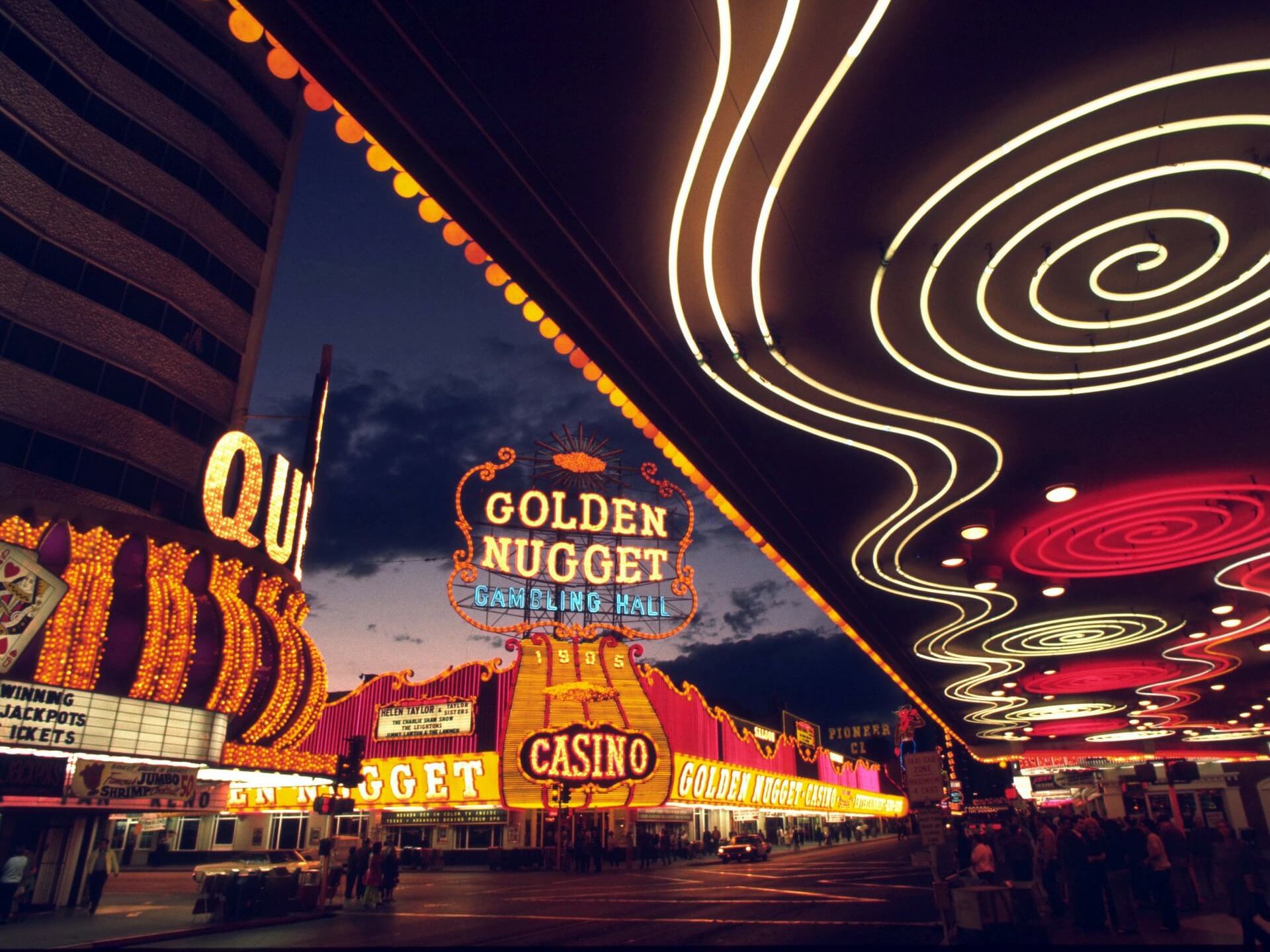
Casino experiences have long captured the fascination of people around the planet, becoming an essential part of both entertainment and culture. From the glimmering lights of the Vegas Strip to the engaging experience of internet gambling, these experiences evoke thrill, danger, and sometimes even a sense of remembrance. They are more than just hobbies; they have woven themselves into the texture of our lives, influencing everything from film and music to style and books.
The allure of casino games transcends the wagering aspect, tapping into wider themes of serendipity, risk, and psychology. As players gather around a card table or rotate the wheel of fortune, they engage in an timeless ritual that echoes with our shared desire for excitement and instability. This obsession has led to the rise of countless references in films, tracks, and gaming, showcasing how intensely entrenched these pastimes are in popular culture. Whether it is the pressure of a classic heist movie or the lively nightlife portrayed in recordings, casino games have created a substantial niche that reflects our bond with risk.
Social Impact of Gambling Activities
Casino activities have played a key role in cultural aspects throughout the ages. Stemming from old civilizations, games of chance were often connected to rituals or events. For instance, early forms of these activities can be linked back to historic China and the Roman Empire, where dice games and betting on results were common pastimes. These games not only served as leisure but also as means of social interaction, facilitating relationships among people within societies.
As societies evolved, so did the sophistication and organization of casino games. The establishment of official casinos in the 17th century, particularly in Italy, marked a major shift in how games were viewed and structured. With specific spaces for gaming, the casino became a social hub where patrons from different backgrounds convened. This change contributed to the legitimization of gambling, transforming it from a mere pastime into an established industry that influenced economy and policy.
The impact of gambling activities on mainstream culture cannot be overlooked. As they were popularized in books and film, games such as poker and blackjack became symbols of risk, chance, and tactics. Iconic characters and stories have developed around these activities, reflecting societal views towards luck, prosperity, and vice. This interest with casino activities has permeated various forms of entertainment, cementing their place in the collective consciousness and connecting them to wider cultural narratives throughout history.
Depiction of Gambling Games in Entertainment
Casino activities have long been a popular topic in various forms of media, reflecting both the thrill and nuances of gambling culture. Movies such as Ocean’s Eleven and Casino Royal portray figures who navigate high-stakes environments, showcasing not only the allure of the casino atmosphere but also the methods and judgments that come with playing popular games like Texas Hold’em and 21. These movies often dramatize the excitement of winning and the potential consequences of losing, encapsulating the dangers involved in gambling.
TV programs have also explored the world of gambling activities, often integrating them into the plot as a backdrop for story progression and tension. Series like Las Vegas depict the lives of gambling employees and casino-goers, highlighting the lively, often tumultuous energy of the casino floor. Docuseries featuring high-stakes gambling competitions further emphasize the attraction of gambling activities, drawing viewers into the tension and tactics involved in each game. Through these depictions, media not only amuses but also prompts conversations about fortune, expertise, and the character of chance.
Gaming have increasingly incorporated gambling activities into their structure, allowing players to recreate the thrill of betting without monetary loss. Games within the realm of online gaming often include virtual slots, online poker, and other popular casino games, creating an engaging environment that mirrors traditional gambling. These virtual portrayals make casino games accessible to a worldwide viewer base, appealing to both players who indulge and those who enjoy the thrill of virtual experiences. As a result, the representation of gambling activities in media continues to shape cultural attitudes and cultural relevance, highlighting their role in entertainment and the cultural landscape.
Impact of Gambling Activities on Society
Gambling activities have a significant impact on society, influencing multiple facets of culture and interpersonal behavior. They often serve as a venue for social interaction, where people come together to enjoy a common experience. Casino trips with friends or trips to casinos become group events that build connections and create memories. This collective aspect boosts the entertainment value of gambling activities, making them a popular choice for celebrations and leisure activities.
Moreover, casino games have been depicted in numerous films, television shows, and literature, influencing views and opinions towards gambling and gaming. Icons like James Bond playing baccarat or the high-stakes poker scenes in films have embedded these games in the collective imagination. casino sicuri non AAMS This representation often glamorizes the lifestyle associated with gambling, drawing in new players and impacting trends in both fashion and conduct. These representations can ignite curiosity and lead to a deeper investigation of the nuances of gaming.
However, there are also negative consequences associated with the popularity of gambling activities. The allure of quick monetary gain can lead to problem gambling and economic troubles for some individuals. The community must grapple with these issues, promoting responsible gaming and awareness of the risks involved. Balancing the entertainment value of casino games with the potential for harm is vital to ensure that they remain a beneficial aspect of our societal fabric.